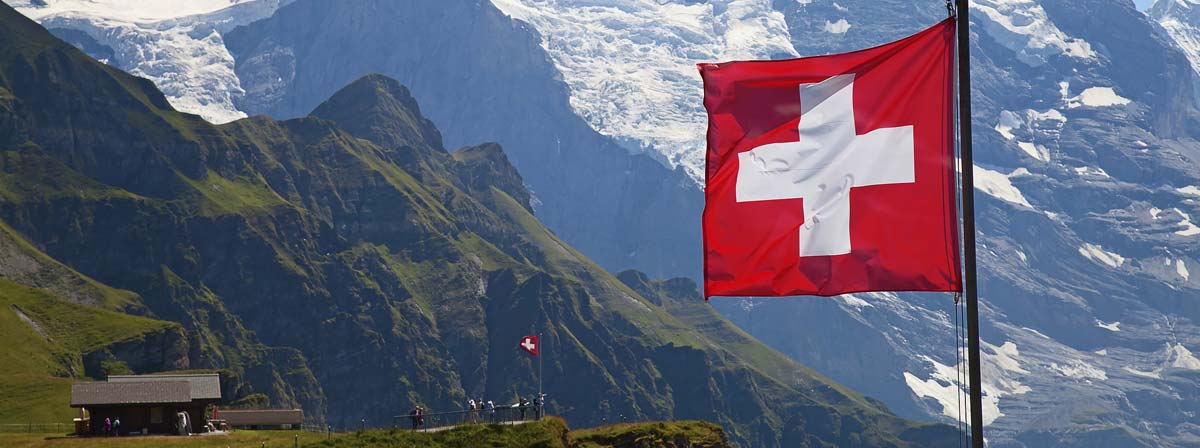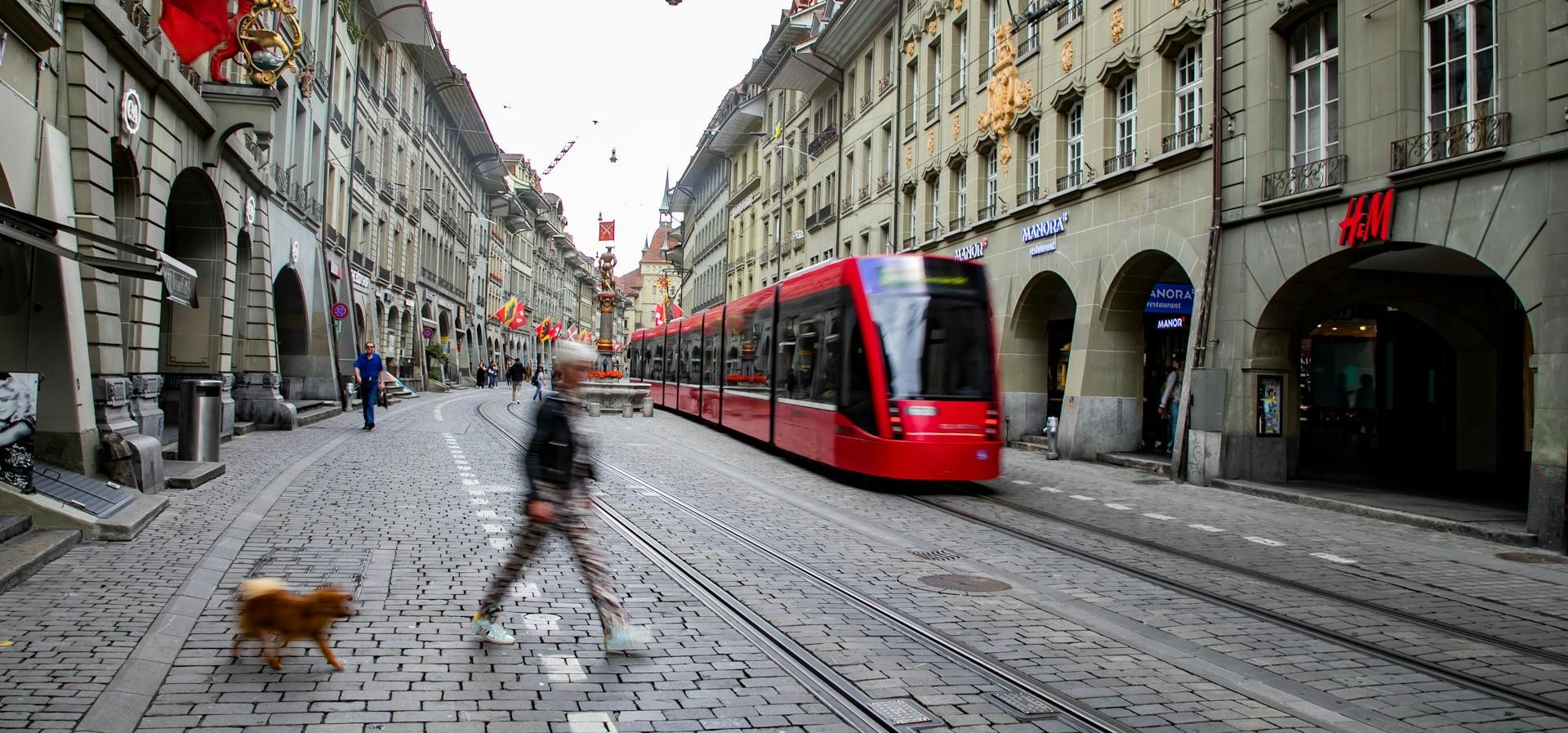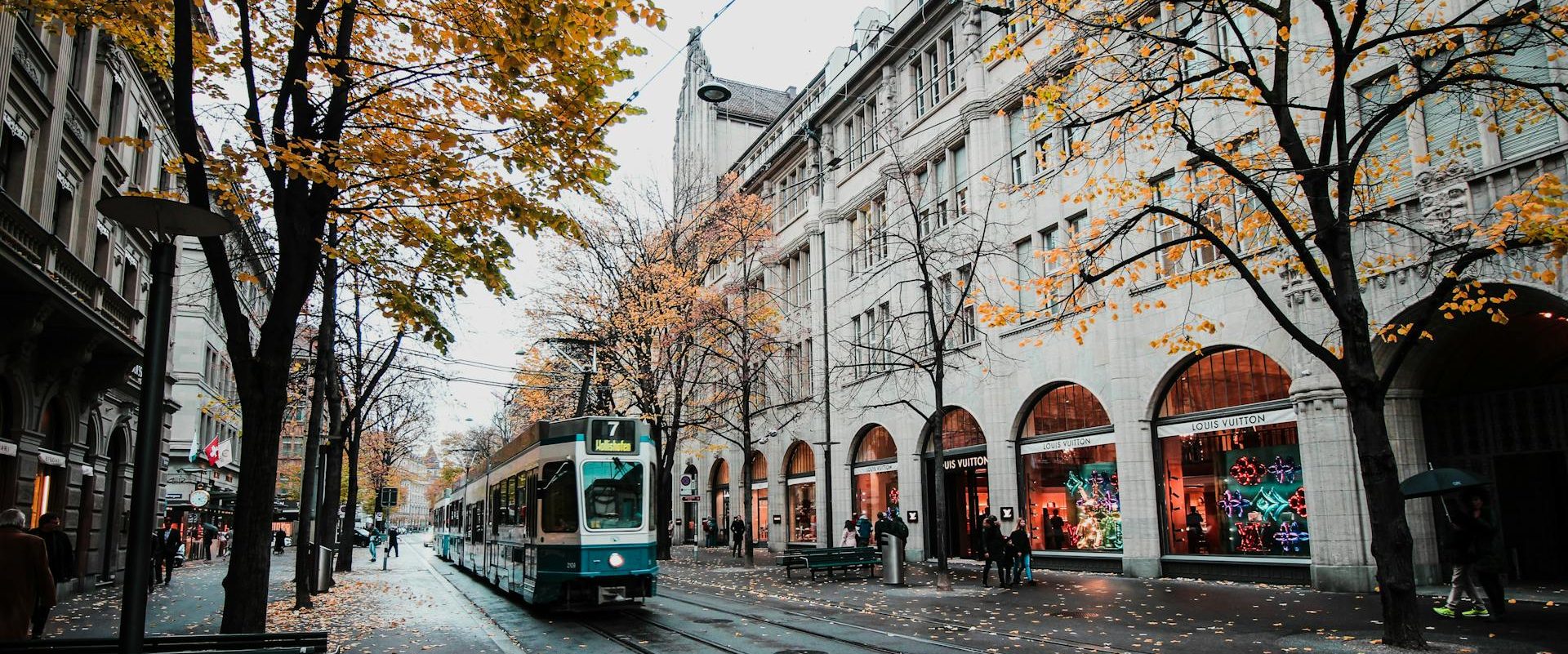
The word canton means district or a section or part of a country; in total there are 26 cantons in Switzerland. Not all cantons speak the same language, some cantons are French speaking, German speaking and Italian speaking, while in other cantons like Graubünden: German, and Romansh are spoken.
Switzerland has become the international hotspot of choice for wealthy Britons looking to relocate abroad. There are many established British communities in the different cantons who live and work there. There is a high British population in cantons such as Geneva Zurich. Also there are British pubs such as Lady Godiva in Geneva (ladyg.ch), and the popular Mr Pickwick chain in areas such as: Baden, Zurich, Basel and Zug (pickwick.ch). British groceries are also sold in Switzerland, meaning you can enjoy the foods you used to have back home in Britain.
Alphabetical list of all cantons of Switzerland: Aargau (German), Appenzell Ausserhoden (German), Appenzell Innerhoden (German), Basel-Stadt (German), Basel-Land (German), Berne (German & French), Graubünden / Grison ( German & Romansch), Fribourg (German), Geneva (French), Glarus (German), Jura (French), Lucerne (German), Neuchatel (French), St.Gallen (German), Schaffhausen (German), Schwyz (German), Solothurn (German), Ticino (Italian), Thurgau (German), Uri (German), Unterwalden / Nidwalden (German) Unterwalden / Obwalden (German), Vaud (French), Valais / Wallis (French & German), Zug (German).
In the light of the above, it doesn’t mean that other languages are not spoken in the cantons besides the listed ones, the list above reveals the major languages spoken in each canton. Having said that, not one canton is the same, each has its own distinct vibe and character, more so they differ greatly in size, for instance the canton of Geneva is entirely made up of one city, whereas cantons like Uri are majorly filled with mountains and valleys. Also population density is one of the principal differences of the cantons.
Basel-Town, with its 37 km2 (14 square miles) has about 185,000 inhabitants whilst one of the larger cantons, Graubünden has an estimated 192,621 inhabitants scattered across 7,105 km2 (2,743 square miles) and 150 valleys. The canton of Zurich has about 1,374,000 inhabitants, in contrast with cantons such as Appenzell Inner-Rhodes, the majority of the population is about 16,000 which arguably would barely fill a small football stadium.
Many cantons have long-lasting, profound historical roots as sovereign entities within Switzerland; each canton used to be an independent autonomous state, having its own border controls, currency and army until the instalment of the Swiss federal state in 1848. Over time other cantons were birthed such as the canton of Jura which split from the canton of Berne in 1979.
Both the cantons of Nidwalden and Obwalden are together referred to as Unterwalden. The three cantons of Uri, Schwyz and Unterwalden are known as an Urkantone; An Urkanton generally can be described as a canton that existed since the foundation and establishment of Switzerland in 1291.
It is important to note that the language of the German-speaking canton in Switzerland is rather different from the standard German language. The standard German is referred to as High-German, while the German Swiss’ language is loosely referred to as Mundart.
The capital of Switzerland is Berne, and this is where the seat of the federal government is located, which automatically means it is the de-facto capital of Switzerland. The canton of Berne can also be described to be somewhat positioned in the centre of the country. Whereas the seat of the judicial authorities is situated in Trogen. Trogen is a little village with vast amount of land used for agricultural purposes, the municipality is located in the canton of Appenzell Auserrhoden; The name Trogen is also known to mean many fountains.
Check here to book a removal to Switzerland.
Contribution by Michael Pawlicki
 Is Switzerland the Ideal Country to Call Home?
Is Switzerland the Ideal Country to Call Home?Is Switzerland the Ideal Country to Call Home? Some say that Switzerland is unbeatable; its quality of life,…
 What is the Downside of Living in Switzerland?
What is the Downside of Living in Switzerland?What is the Downside of Living in Switzerland? Switzerland is renowned for its high quality of life, but…
 How Hard Is It to Immigrate to Switzerland? Understanding the Process
How Hard Is It to Immigrate to Switzerland? Understanding the ProcessHow Hard Is It to Immigrate to Switzerland? Understanding the Process Switzerland is renowned for its advantageous tax…